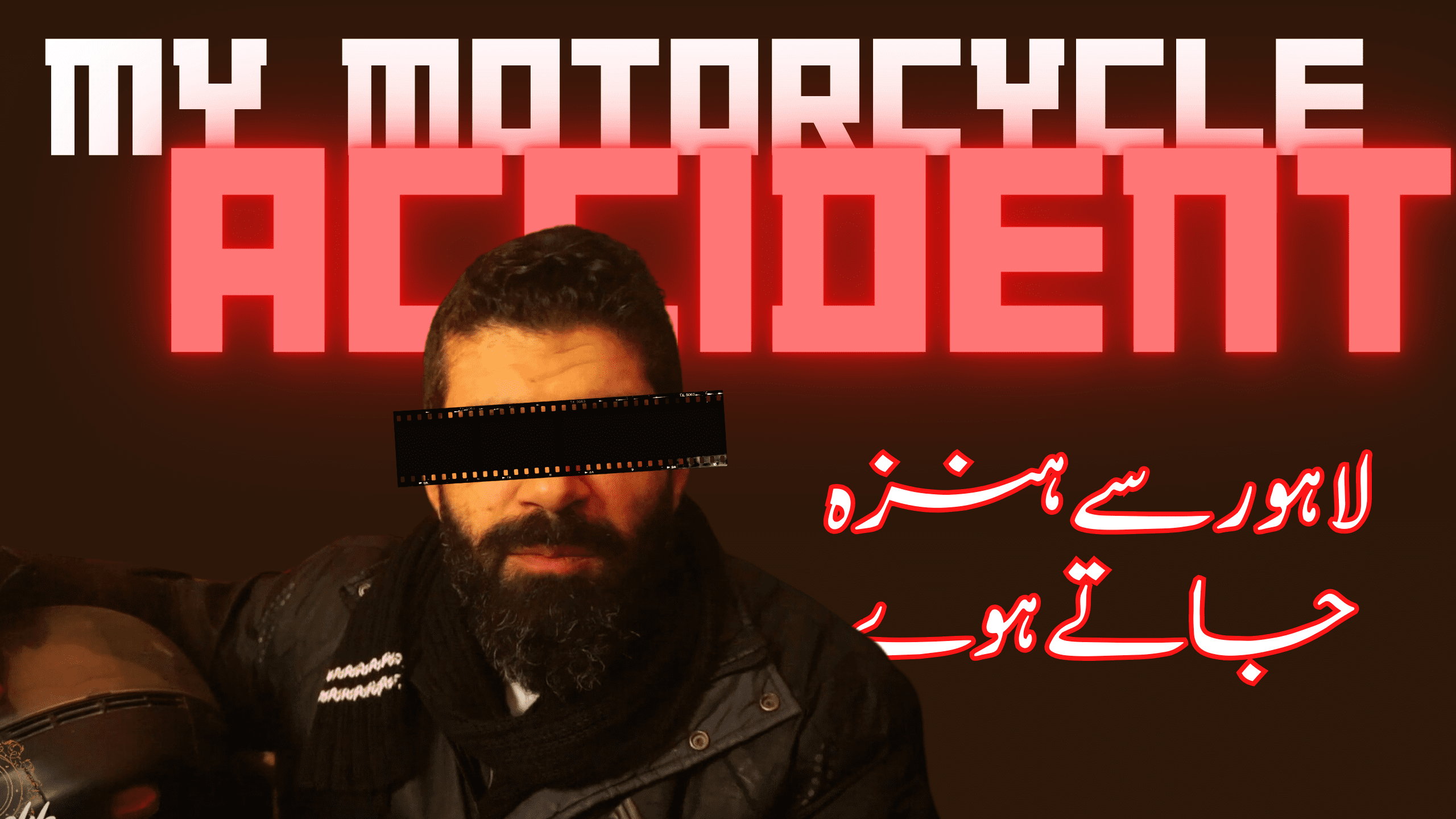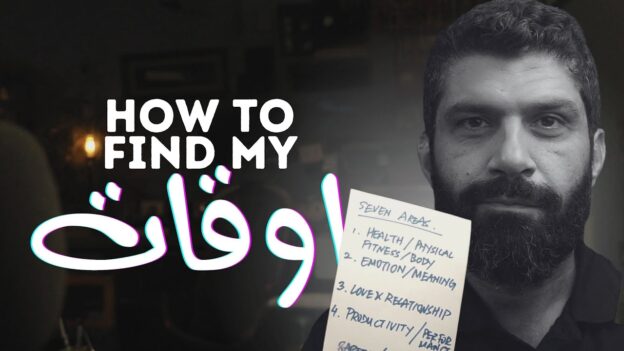I was there to help the entrepreneur figure out a problem in his online business.
The founder was stuck in tweaking the code for the classified site. The problem he listed was:
How to get the website to sync with the phone app (they evidently had an Android app for the business already).
I can’t share the exact details of the business (I don’t have the guy’s permission to do so)…but what I can share is that the business is a website for classified ads for a hyper specific niche within Lahore. There were thousands of potential clients within Lahore, that much we knew before starting out.
“But would there be clients for the business? Have you facilitated a transaction,” I asked.
“Our app and websites don’t work yet,” he said. They had been at it for months, and was finding it difficult to make the two softwares to work together.
“But you don’t need them to work to test if the business would work or not!”
You don’t need a fancy website or an app to test a business idea. The tech, the tools, they serve the business, not the other way around.
I finally told the young entrepreneur to “Challenge yourself to not code for the next one month! Test how you would facilitate the transaction, and then code it later”.
We had a good session, and you might be able to get a business consultation for free if you read this article till the end.
Problem # 1: We fall in love with the tool.
You start woodworking because you like the way the circular saw works. I find myself writing on paper because I just like how the pen just rolls on the paper, forming shapes that have meaning. Heck, I became a triathlete because all I wanted was this damn watch.
But falling in love with the wrong thing is dangerous for your business.
Lets recap. What’s a business? Business is a transaction taking place. A transaction takes place when a problem is being solved at a price. Most entrepreneurs start as technicians, so they just want to use the tool: that is dangerous.
Focus on the Process
Consider:
- A baker who wants to start an profitable food blog,
- a writer who wants to start a publishing business online,
- a photographer wanting to open her studio,
- a l33t coder wanting to run a app business.
They are looking to be in business because they are good at a skill. But what we miss out is the shift… we need to shift our attention to the process.
Any business is a relatively complex process. If you are not focused on that process itself, you will eventually burn yourself out. The business will close, you will lose money, time and most importantly, you will lose confidence… because it is easy to confuse domain dependence.
Skill is highly domain dependent. A good mechanic won’t know anything about running a workshop, till he decides to learn of course.
Don’t fall in love with the tool. Don’t even fall in love with the problem you’re solving… fall in love with the process of helping the client.
You’ve got to find the process intriguing enough, challenging enough and inviting enough.
Wait! This isn’t Easy!
There are some moving parts to this, sure. There are different areas of the business that you as an entrepreneur need to focus on. Yes. But you must see it to the end, and you must focus on getting all the parts to work together for the problem to be solved in a profitable manner. It is not easy. That’s why you are doing this, right? Because you are an entrepreneur, a ProHobbyist, an AddVenturer, a Starta… and we must focus on the hard things that matter.
Being an artist is great, no matter what your art is. But you have signed up to be an entrepreneur as well. I am sorry if this sounds like “too much work”, but running a business is a skill, and you need to learn that too. And speaking of “too much work”…
Problem #2: We don’t want to do “hard” work
Tony Robbins points out that when achievers say “I am stressed,” that’s just codeword for “I am afraid”. So when I was told to do hard work, I’d say, “But I should be doing smart work!” And that was codeword for “work as little as possible while getting the job done”.
Which was OK, till I started to adjust the definition of “job done” to include pretty much nothing challenging nor interesting. That was a classic recipe for disaster.
The real smart work is to first identify a list of challenging tasks that will bear long-term benefit, and then do hard work within that zone.
Define Your Hard Work
Any work that you don’t want to do but you know you have to do, and you start doing it: that is hard work defined.
But hard work is not common. Not at all. Most people get comfortable in their daily grind. And then it becomes easy. It becomes easy word that used to be hard. So you go from a has-been hardworker to just another worker.
A lot of examples here: I start a painting, and between laying in the clouds to blocking in the mountains, I lose interest. And very quickly it starts to feel like work… then I just start drawing portraits and give up on working on landscapes.
That moment when I give up? That moment is where hard work actually was about to start. So I never do hard work. I just do work.
Hard.
This definition of hard work is actually, well, actually very hard to stick to. It’s hard work because you don’t want to do it, that’s like the definition of hard work.
There will come a time when the work is harder to do, and you have to force yourself to sit through it. That’s where hard work begins. That’s where most of us quit and do something else. So don’t do that. Resist. Practice till you get good at moving past that stage of initial resistance.
No one you know who is really great at what they do, no one got great by avoiding hard work.
Sure, the professionals, the pros, they make it look easy. But that’s the beauty of practice: it’s mostly invisible to the spectators. You see a master of a craft, and you know that there is hours and hours of silent, diligent, hard work behind that.
Picasso once painted a portrait of one of his client, took less than an hour. The client was impressed. When Picasso asked for his high price, the client said, “but it hardly took you forty minutes to make!” And Picasso said, “it took my forty years to learn how to do that in forty minutes”.
The story is probably made up, but it serves a great reminder: practice is hard work, because you keep doing it past the stage of “interesting”. And the rewards are worth it. Only then you stand a chance of doing great work. And that’s why most people won’t do it: they are afraid of hard work. And that’s why you would do it: because you are committed to being the best version of yourself. InshAllah.
Takeaway: seek that threshold when things feel like work, and go over it. Work till the smart work feels hard, and then keep working a little bit longer.
Suggested Next Action
As Derek Sivers would say: if information was all you needed to get things done, everyone would be a millionaire with six pack abs. But we are not. The world belongs to the bold, the action takers, the executioners.
So what do you, as the hardworker, focus on?
We need to find a problem to solve (there is a method to doing this) and we need to do deliberate practice in solving that problem. Deliberate practice means that you practice on things that you are NOT good at i.e. hard work.
We must not focus on the tools. We must find the hardness of our work, and train ourselves to revel in that.
I wish you the best.
Want to Unlock Your Online Business?
- Which online business should you start?
- Which business model should you use? What is a business model anyway, and how many do you need to be successful?
- How do get a reliable online platform (hosting, email, domain, web design) in the cheapest rate, say, less than 100 bucks a year?
- Which problem should I tackle first?
Any question you have regarding your online business, you can now do a one-on-one session with me, live, where we discuss your business.
God willing, this can help you move forward in your journey for creative self employment! Click here to know more.



